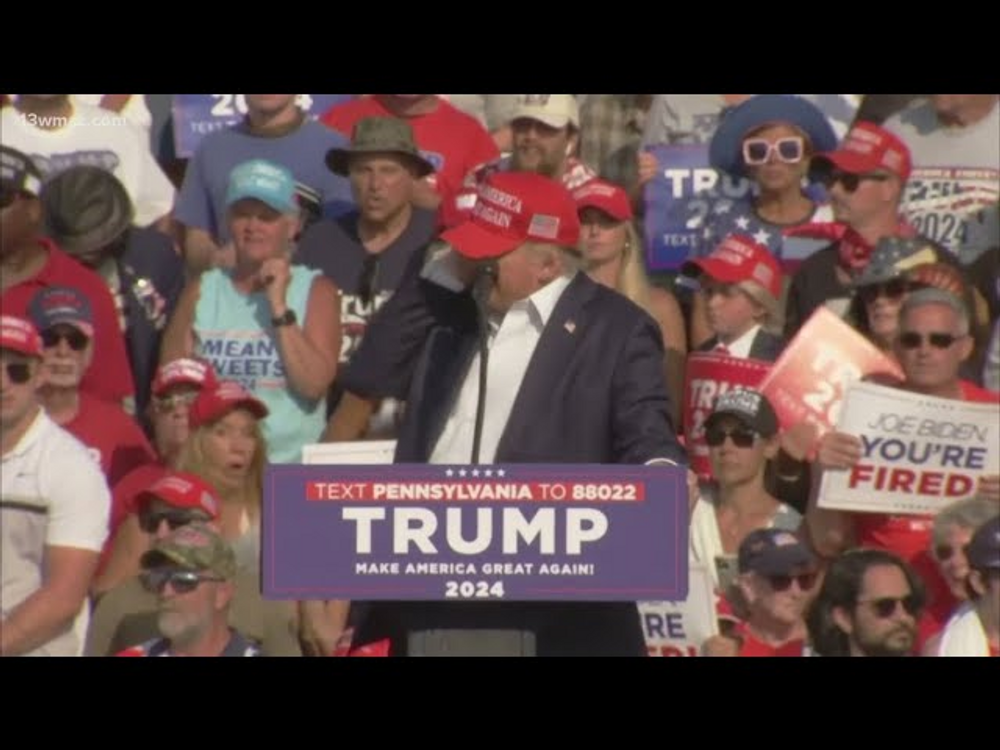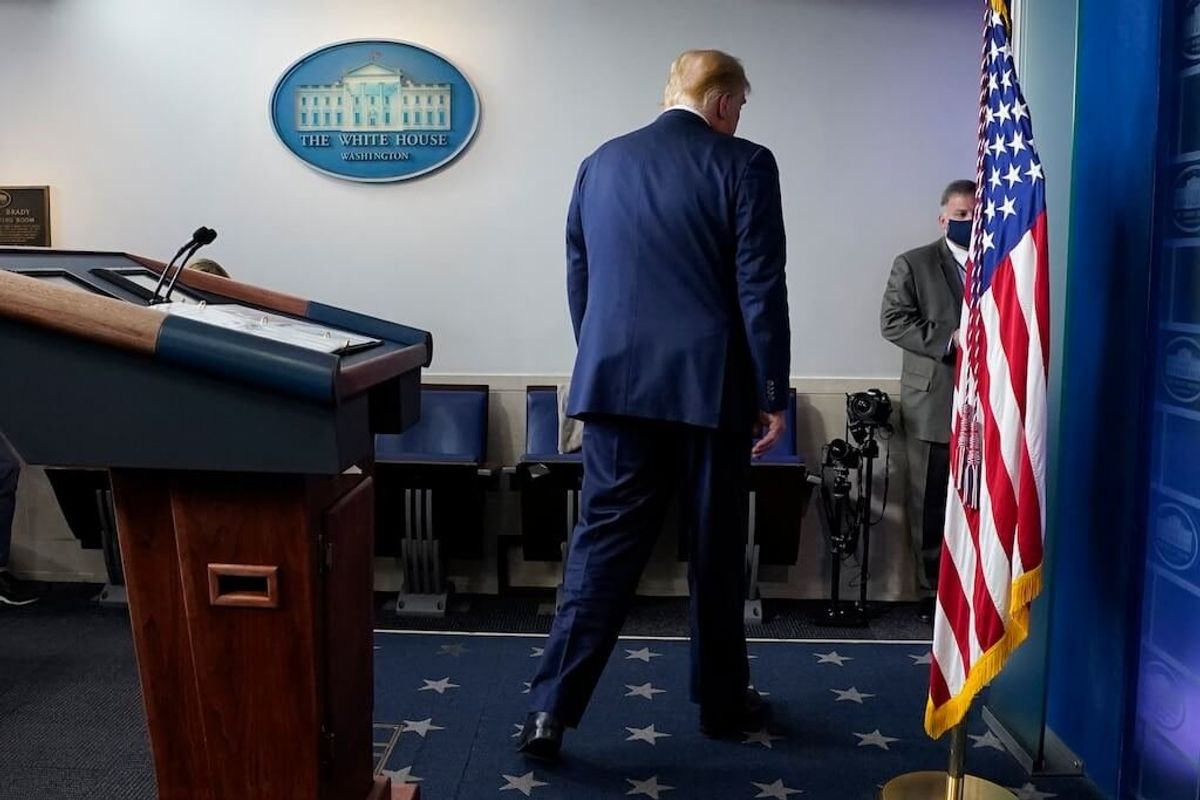
Trump’s Legal Efforts Falter in Bid to Undo Biden’s Presumptive Victory
U.S. President Donald Trump’s legal battles to undo Democrat Joe Biden’s presumptive victory in the Nov. 3 presidential election faltered Friday as courts pushed back against allegations of voting irregularities and fraud.
A Michigan judge rejected a bid by Republican Party supporters to prevent the certification of election results in the predominantly Democratic Detroit area, undercutting the prospects of a similar lawsuit filed by the Trump campaign.
In Pennsylvania, another judge dismissed a series of Trump lawsuits challenging the validity of several thousand mail-in ballots, while in Arizona the Trump campaign dropped a lawsuit over the election results, acknowledging that Biden’s lead was too large to surmount.
The three states are among a half dozen where Trump and his supporters launched legal challenges to the results in the wake of projections that Biden had decisively won the election, with well in excess of the 270 Electoral College votes necessary to claim victory.
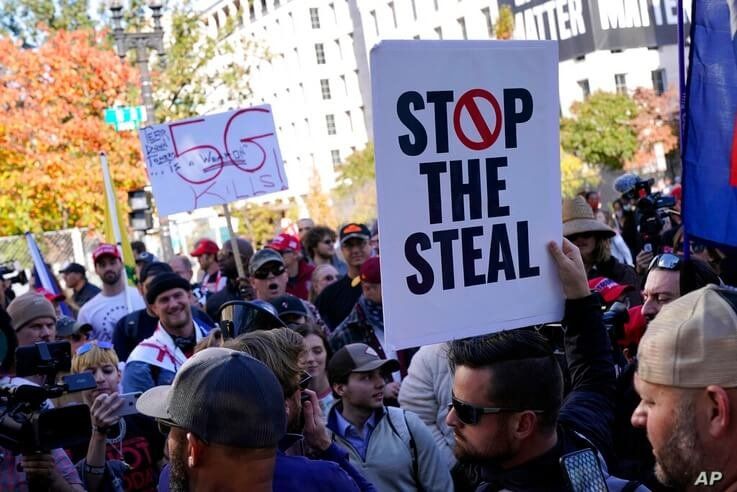
Legal challenges
Trump, who had yet to concede the election to Biden as of Friday evening, has engaged in a battle of dubious legal challenges and unfounded claims on social media in a long-shot bid to overturn the election results. Taken together, the latest developments bode poorly for Trump’s chances of winning the election with unsupported claims of rampant fraud, according to experts.
“I think these lawsuits can best be understood as ways in which the president is messaging to his base that he is contesting the results of the election and is continuing to try to fight to overturn the results,” said Louis Caldera, distinguished adjunct professor of law at the American University Washington College of Law.
He added that this was “not a serious effort to actually change the voting outcome in sufficient numbers of states to be able to collect the Electoral College votes that it would be necessary for him to win the election.”
The Michigan lawsuit, filed Sunday by a conservative group, sought to have hundreds of thousands of ballots in Wayne County tossed because of alleged fraud and voting irregularities. According to unofficial results, nearly 73% of the 565,484 votes in Wayne County went to Biden. The petitioners asked a judge to order an independent audit and an entirely new election.
But Chief Judge Timothy Kenny of the 3rd Circuit Court in Wayne County ruled that the allegations of “sinister fraudulent activities occurring both openly … and under the cloak of darkness” were contradicted by other poll challengers and officials, including a former “highly respected” state election official.
Stopping the certification process now would amount to “an unprecedented exercise of judicial activism,” Kenny wrote in his order, while conducting an independent audit would delay the vote tabulation and “undermine faith in the electoral system.”
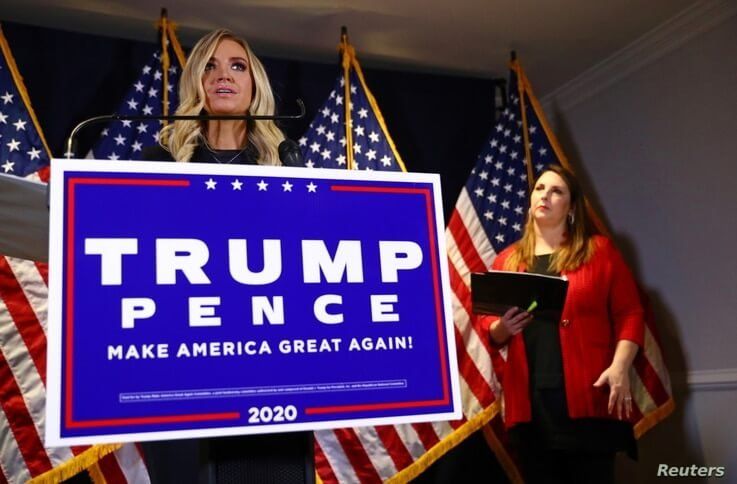
Lawsuits
The status of a separate complaint filed by the Trump campaign in Michigan was pending, as was a sweeping suit filed Monday in Pennsylvania. The two were among more than a dozen lawsuits filed by the Trump campaign and Republicans since the election.
In the only notable victory for the Republicans, a Pennsylvania state court ruled late Thursday that Secretary of State Kathy Boockvar lacked the authority to extend by three days the November 9 deadline for voters to validate their identities. The ruling affects a small number of ballots, but in a statement, RNC Chairwoman Ronna McDaniel called it a “huge victory” for election integrity.
In other cases, however, judges have either dismissed the Republican lawsuits or ruled against them. That is because while the suits alleged voting irregularities and errors, they have fallen short of producing evidence of significant fraud that would alter the outcome of the election, according to legal experts.
“The speed with which the [Michigan] judge was able to dispose of these cases underscores how thin the arguments are that the Trump lawyers are making,” Caldera said.
What’s more, judges are reluctant to get involved in determining the outcome of the election, so “they are disposing of these cases rapidly in order to allow the process to move forward,” he added.
In the Michigan case, Kenny said the Republican challengers had the option of complaining to a local canvassing board and asking the secretary of state for a recount.
The Trump lawsuits could affect a small number of votes in the six states being targeted, Caldera said.
“Even if the lawsuits were successful, they’re not going to change the outcome in the states and therefore they’re not likely to change the Electoral College outcome,” he said.
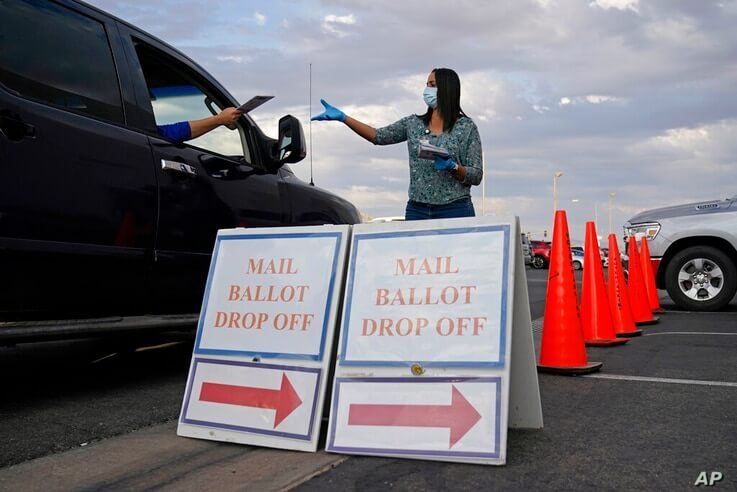
Electoral votes
With Trump legal challenges faltering, a number of conservative activists close to the president have floated the idea that Republican-controlled state legislatures could override the popular vote and hand the electoral votes to Trump.
The idea gained traction last week after Fox News host Mark Levin urged Republican state legislators to “get ready and do your constitutional duty,” reminding them that Article II of the U.S. Constitution gives them “the final say” over choosing presidential electors.
When Americans cast their votes in the general election, they are not voting for the candidates themselves but rather for “electors.”
Article II gives state legislatures the power to determine the “manner” of appointing members of the Electoral College, the body that elects the president. There are 538 presidential electors, corresponding to the number of members of Congress.
The electors meet on Dec. 14 to vote on the winner of the popular vote in their state. Assuming they follow the will of the voters in their respective states, Biden has secured 290 electoral votes, 20 more than the minimum needed to win the presidency, according to VOA’s count. Trump has 232.
Asked on Fox News on Nov. 6 about the prospect of Pennsylvania Republican legislators choosing electors supportive of Trump, Republican Senator Lindsey Graham of South Carolina, a close Trump ally and chairman of the Senate Judiciary Committee, said, “I think everything should be on the table.”
While not discounting the possibility, legal experts say the likelihood that state legislatures will seek to alter the election outcome remain slim.
That is because while the Constitution doesn’t say presidential electors must be picked based on the popular vote, all 50 states for well over a century have selected them through popular elections.
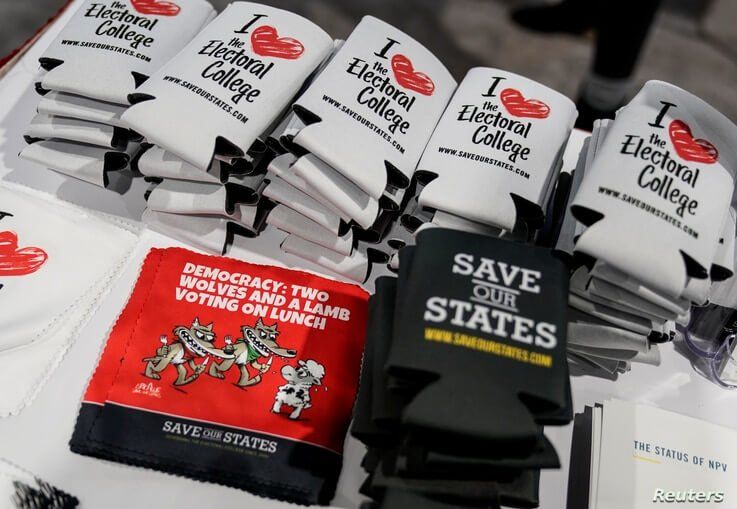
Legislative action
To award the electoral votes to Trump, state legislatures in key battleground states, with the backing of their governors, would have to change their laws on appointing presidential electors.
“To just go in and say, ‘We’re going to appoint Republican electors,’ without changing state law would be taking an action which violates state law,” law professor Caldera said. “At that point, the Democrats would say, ‘Wait, the action the legislature just took violates state law,’ and they would go into court review of that action.”
Of the six states where the GOP has challenged the vote, three – Michigan, Pennsylvania and Wisconsin – have Republican-controlled legislatures and Democratic governors.
Other legal experts say any change in the appointment method would have to be made before, not after, the election.
“The legislature is always free to make this move for next time, but it cannot — at least not without violating the due process clause of the Constitution — undo an appointment of electors already made,” Edward Foley, an election law expert and law professor at Ohio State University, wrote in a law review article.
Tags
America's Voice Newsvoa newsvoa news 2020real america's voicevoa news 11-14-20trumps legal efforts falterbid to undo biden presumptive victory Parler: A New Social Media Hangout for Conservatives to Vent, PlanNext PostPro-Trump Protesters Rally in Washington
Parler: A New Social Media Hangout for Conservatives to Vent, PlanNext PostPro-Trump Protesters Rally in Washington
